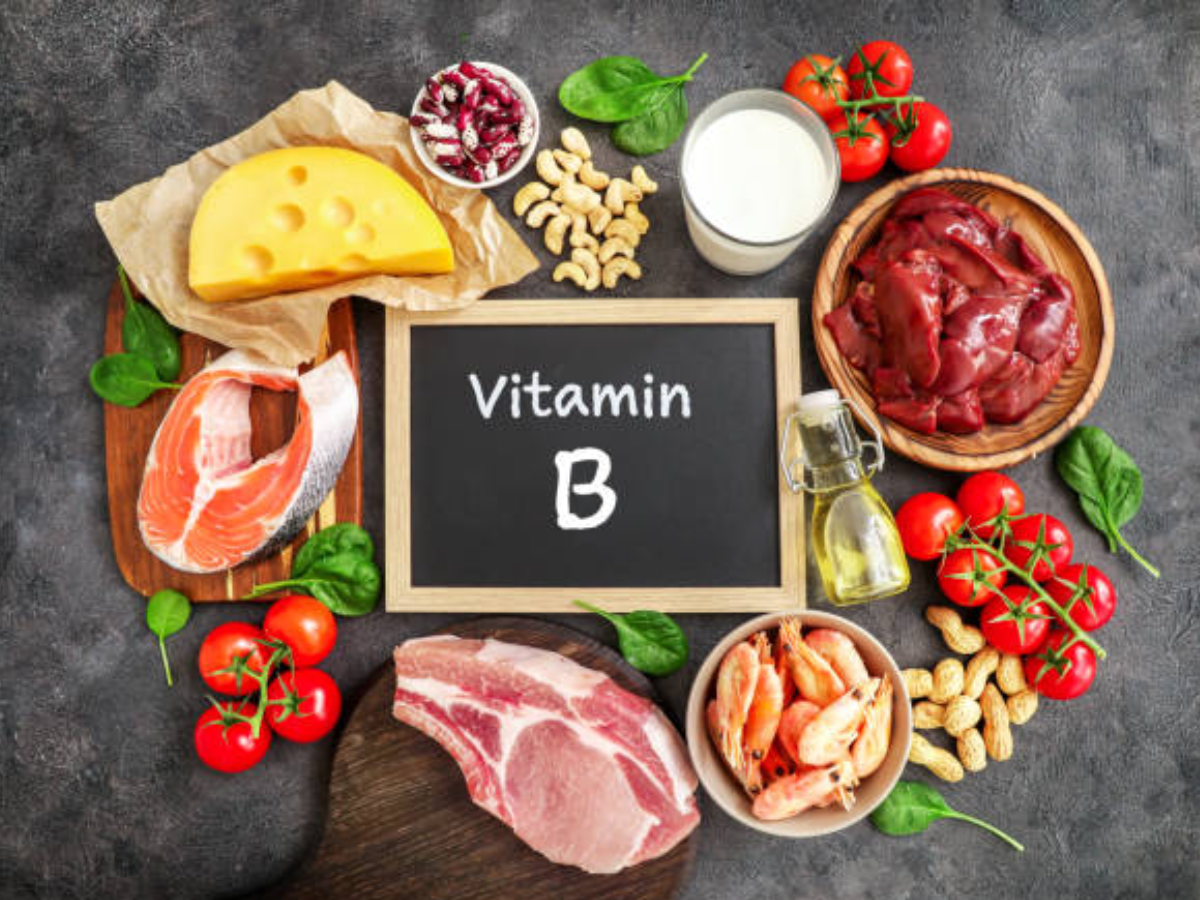Vegetarians and Vegans: Since vitamin B12 is primarily found in animal products, individuals who exclude these foods from their diet may not get enough of this essential nutrient.
Elderly Individuals: Aging can impair the body’s ability to absorb vitamin B12 from food, leading to deficiency, particularly in those over 50 years old.
Individuals with Gastrointestinal Disorders: Conditions such as celiac disease, Crohn’s disease, and atrophic gastritis can affect the absorption of vitamin B12 in the digestive tract, increasing the risk of deficiency.
People Who’ve Undergone Weight Loss Surgery: Certain weight loss surgeries, such as gastric bypass surgery, can reduce the body’s ability to absorb nutrients, including vitamin B12.
Those on Long-Term Antacid Use: Proton pump inhibitors (PPIs) and H2 receptor antagonists, commonly used to treat acid reflux and ulcers, can decrease stomach acid production, which is necessary for the absorption of vitamin B12.
Individuals with Pernicious Anemia: This autoimmune condition affects the stomach’s ability to produce intrinsic factor, a protein necessary for vitamin B12 absorption.
Heavy Drinkers: Excessive alcohol consumption can damage the lining of the stomach and impair vitamin B12 absorption.


